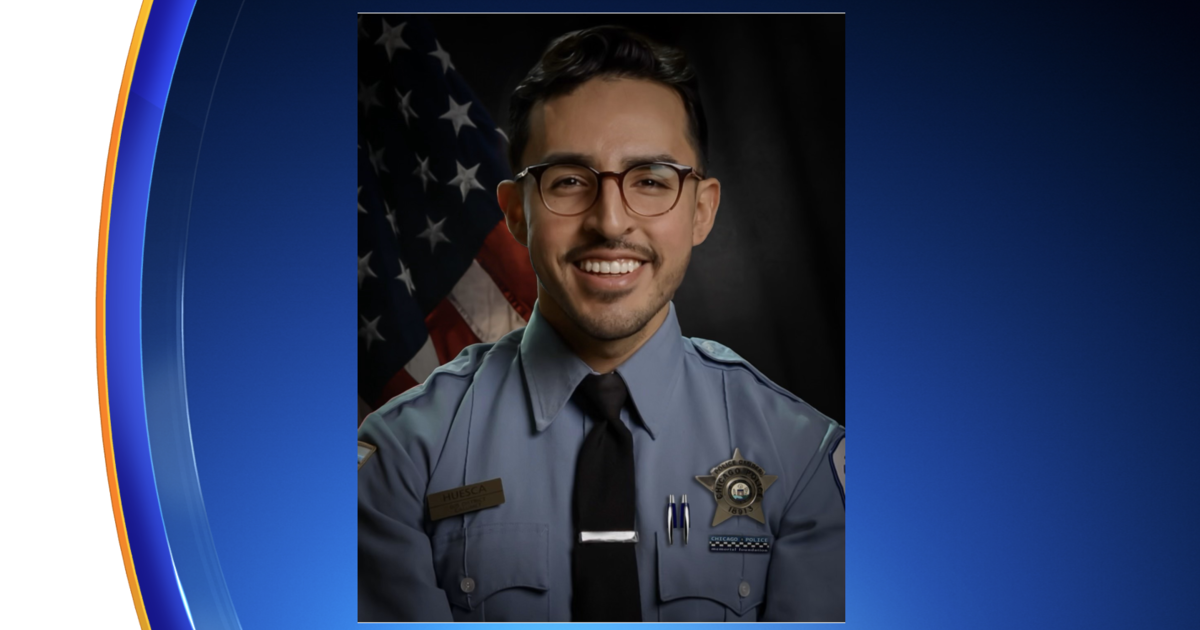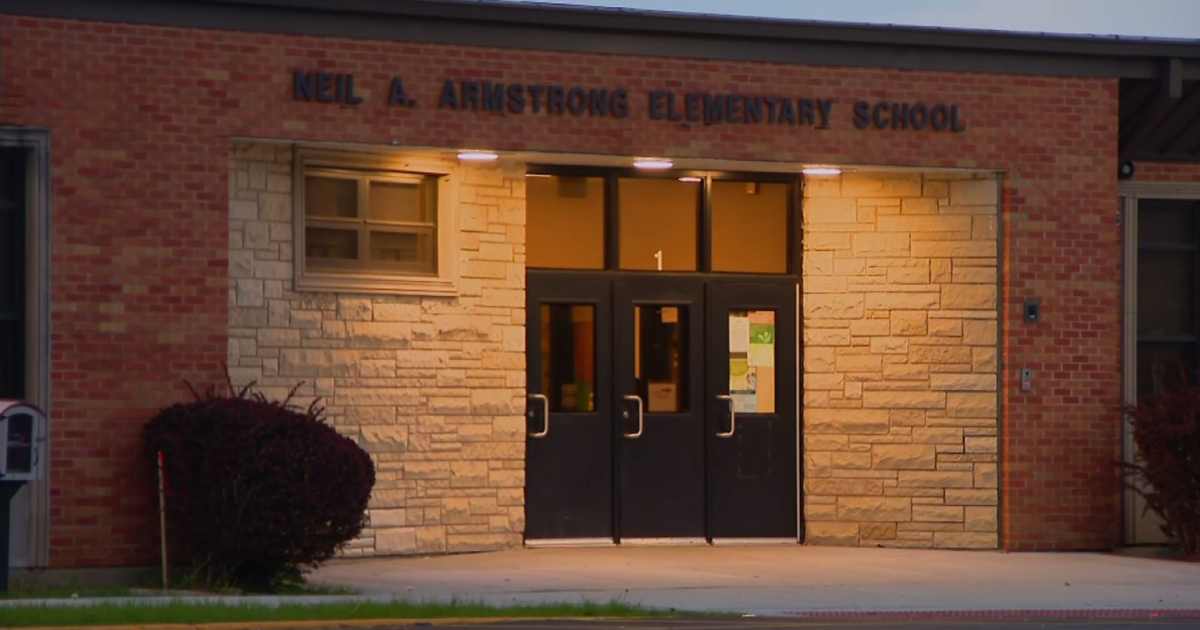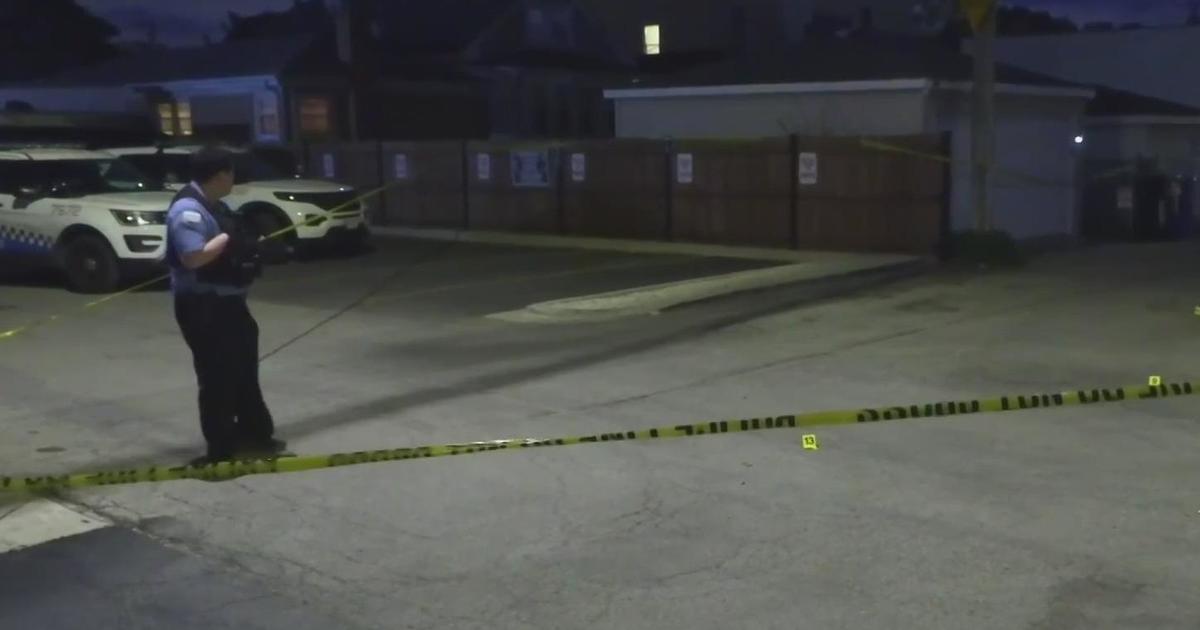Warning signs of suicide
Health officials recommend that everyone familiarize themselves with the warning signs of suicide, which may include:
- A person thinking about or threatening suicide or seeking a way to kill themself
- Increased substance abuse
- Feelings of purposelessness, anxiety, being trapped, or hopeless
- Social isolation and withdrawing from people and activities
- Expressing unusual anger, recklessness, or mood changes
How to get help for yourself or a loved one
If you are having thoughts of harming yourself or thinking about suicide, talk to someone who can help, such as a trusted loved one, your doctor, your licensed mental health professional if you already have one, or go to the nearest hospital emergency department.
If you are concerned a loved one is at risk of suicide, talk to them about it.
Experts say you shouldn't be afraid to raise the issue.
"People tend to tip-toe around sensitive issues like suicide. You shouldn't. You're not going to prompt someone to do it by asking them," Dr. Jeffrey Lieberman, chairman of psychiatry at Columbia University's College of Physicians and Surgeons, told "CBS This Morning."
If you're worried about how to start the conversation, Lieberman offered some suggestions.
Say things like "I noticed you've been looking down, or I've noticed you've said things that seem like you're really not as motivated towards life," he said.
Then ask if there is a problem or if there's anything they want to talk about.
"If they say something like 'I feel like my life is really empty,' say 'we need to get help,'" Lieberman said.
If you believe your loved one or friend is at risk of suicide, do not leave him or her alone.
Try to get the person to seek help from a doctor or the nearest hospital emergency department or dial 911.
It's important to remove access to firearms, medications, or any other potential tools they might use to harm themselves.
For immediate help if you are in a crisis, call the toll-free National Suicide Prevention Lifeline at 1-800-273-TALK (8255), which is available 24 hours a day, 7 days a week.
All calls are confidential.



